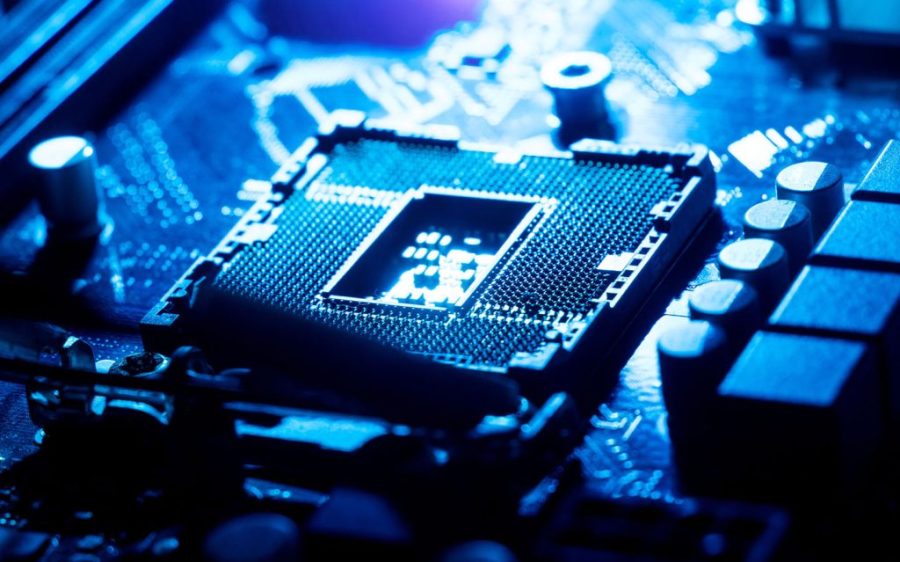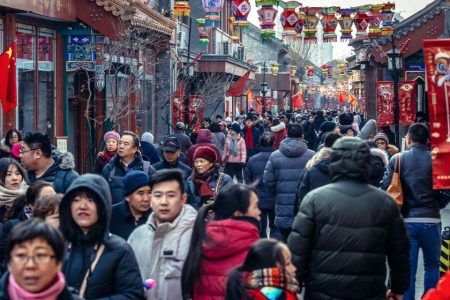Mainland chip designers reliant on the Taiwan Semiconductor Manufacturing Company (TSMC) for advanced components are “anxiously” waiting on updates from the company, which recently paused shipments of certain products to some mainland clients, according to the South China Morning Post.
Last week, TSMC told the mainland companies it supplied with 7-nanometre node services – used in graphics-processing-units (GPUs) and AI-accelerators – that shipments would be halted from Monday, in response to a directive from the US Commerce Department.
The clampdown came after a TSMC-made AI chip was found in a product made by Huawei, which has been blacklisted by the US government over allegations of espionage (a charge Huawei strenuously denies). The chip’s discovery sparked fears in Washington that sanctions had been compromised.
[See more: Taiwan mulls ‘new nuclear technologies’ to fuel AI’s voracious demand for energy]
The Post reports that chip makers are now worried that TSMC could expand its shipment ban to other advanced products, like central processing units (CPUs), autonomous-driving chips, and high-end smartphone chips, all of which are in high demand on the mainland. TSMC has declined to comment on specifics, but said it would comply with all applicable rules and regulations, including export controls.
The US and China are currently engaged in a rivalry over which country will lead the world in AI development. Last month, the US government published a memo acknowledging that losing its technological edge would “undermine United States foreign policy objectives.”
Washington has been blocking the flow of semiconductors to China since the start of this year, spurring Beijing’s investments in the research and development of advanced chips.






